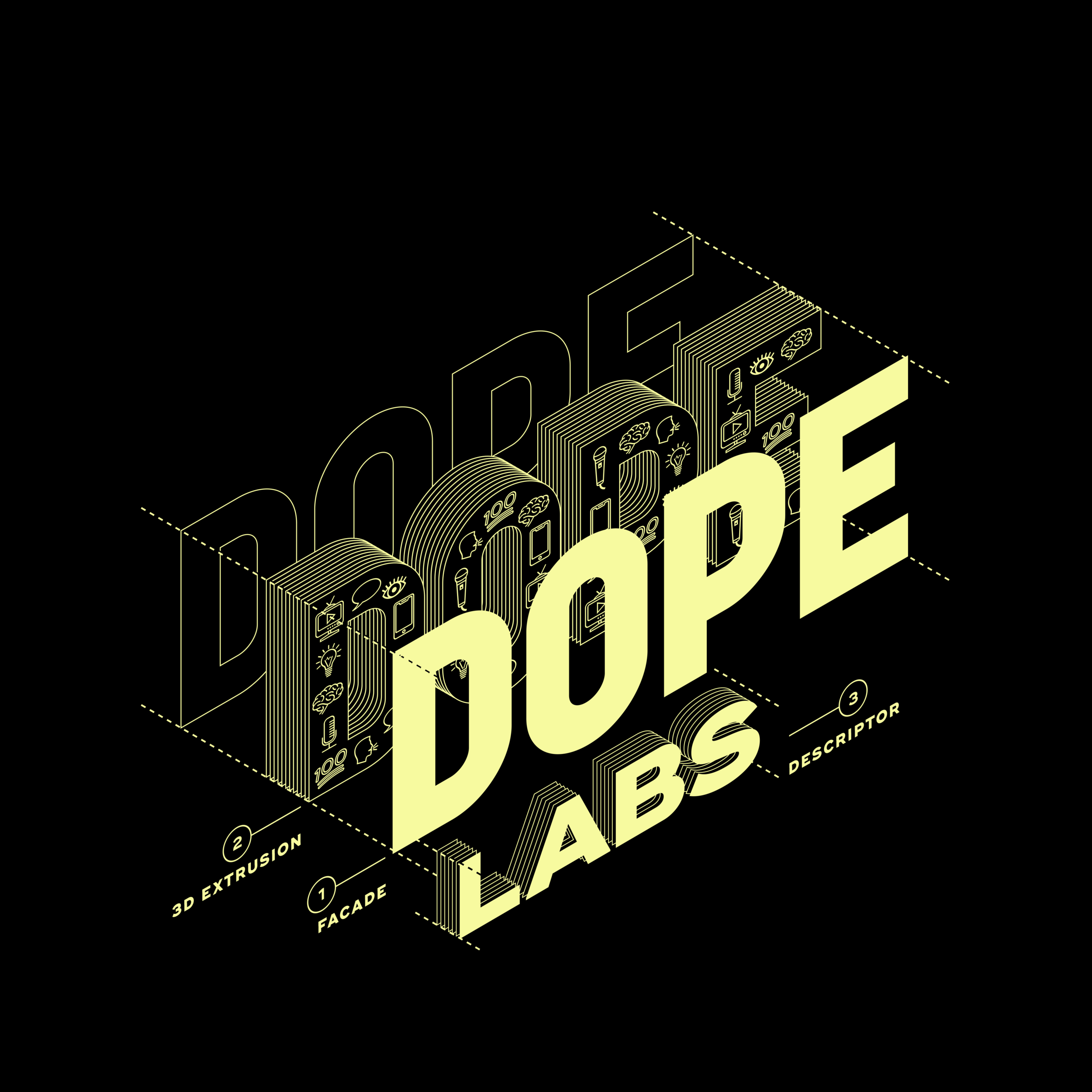Lab 009 - How Not to Get Away with Murder
This lab we brought you a combination of true crime, family reunions, and genetics. It is the perfect blend of some of our favorite topics. If you haven’t listened to the episode yet, don’t worry - just scroll down to the bottom of this page and start the player! You can listen to all Dope Labs episodes on Spotify or in your browser.
About the Episode
In the last few years if feels like EVERYONE has been talking about commercial genetic tests. In 2017, 4.5 million people submitted a commercial genetic test, and that number almost tripled in 2018. Some people aren’t stopping at the tests - they are uploading their results from the commercial tests into open source genealogy databases to help them identify distant family members. Surprise, more cousins!!
But this goes beyond genealogy because these databases help law enforcement solve cold cases. One prominent example was the arrest of Joseph James D’Angelo in the “Golden State Killer” case.
Extras Tidbits & Links
Check out “I’ll Be Gone in the Dark” by Michelle McNamara which outlines the crimes the Golden State Killer. Don’t read this one too late at night!
We mention SNPs on the episode. Learn more about genetic ancestry testing here.
Christy Guerrini and colleagues surveyed >1,500 people about police access to genetic genealogy databases. Read the study here.
One of our favorite facts is all humans share ~99% of their genome. This means we share 99% of our DNA with YONCÉ!
“The researchers projected that for Americans of European-descent, 60 percent of long-range searches will come up with a match with someone who was a third cousin or closer. For 15 percent, the searches will find a second cousin or closer.” Read more in Smithsonian Magazine
Guest Expert
For the 2nd half of the dissection we interviewed Erin Murphy, JD, author of “Inside the Cell: The Dark Side of Forensic DNA.” She talked about the legal and social implications of law enforcement using commercial databases, how they can obtain DNA samples, and the protections (or lack thereof) for consumers.

